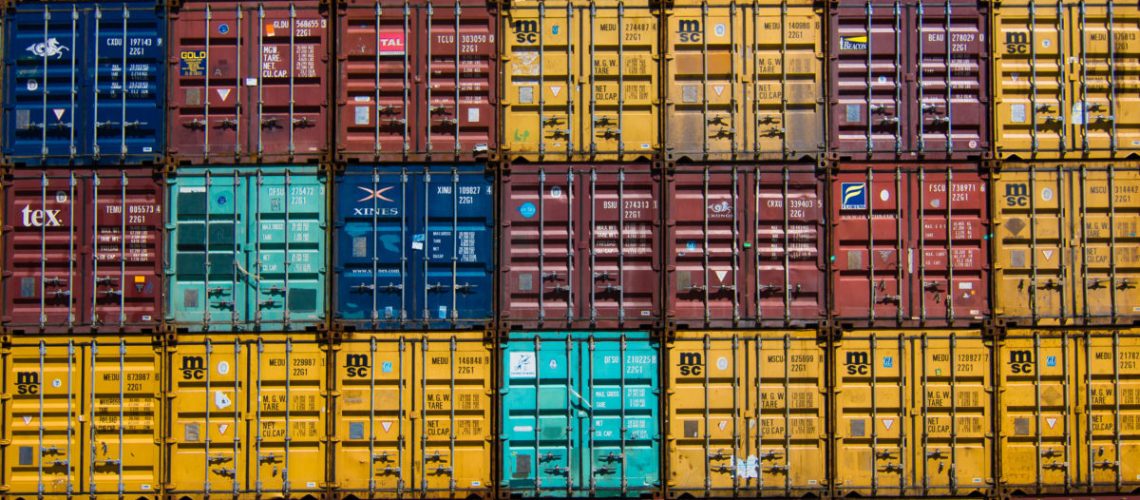A large quantity of solar panels have been detained by US customs under enforcement of the Uyghur Forced Labor Prevention Act (UFLPA). Philip Shen, managing director of ROTH Capital Partners said an industry contact reports as much as 3 GW have been held since the law has been enacted.
As much as nine to 12 GW of solar modules could be prevented from entering US markets by the end of the year, said Shen.
The Xinjiang region of China, which is home to 50% of the global supply of polysilicon, an essential material in conventional solar modules, has come under scrutiny for its human rights abuses and the forced labor of Uyghurs and other ethnic minorities in China. Beijing has repeatedly denied allegations of forced labor.
The Energy Information Administration (EIA) said developers across the United States plan to install 17.8 GW of capacity this year. However, through six months, only 4.2 GW has been installed and brought online as module supply challenges led to cancellations and delays. Ongoing module supply challenges may continue to hamper deployment.
The UFLPA was passed last December and first enacted this summer. The law bans all imports from the Chinese region of Xinjiang unless the products are determined to not be connected to forced labor.
(Read: “Customs detains module shipment under UFLPA“)
To be in compliance with UFLPA, companies must provide a comprehensive supply chain mapping, a complete list of all workers at an entity subject to “rebuttable presumption” that there is a connection to forced labor, and proof that workers were not subject to conditions typical of forced labor practices and are there voluntarily.
“The world and the American people cannot abide the presence of goods made under the exploitative conditions experienced by Uyghur and other ethnic minority groups in its global supply chains,” said US Secretary of Labor Marty Walsh.



